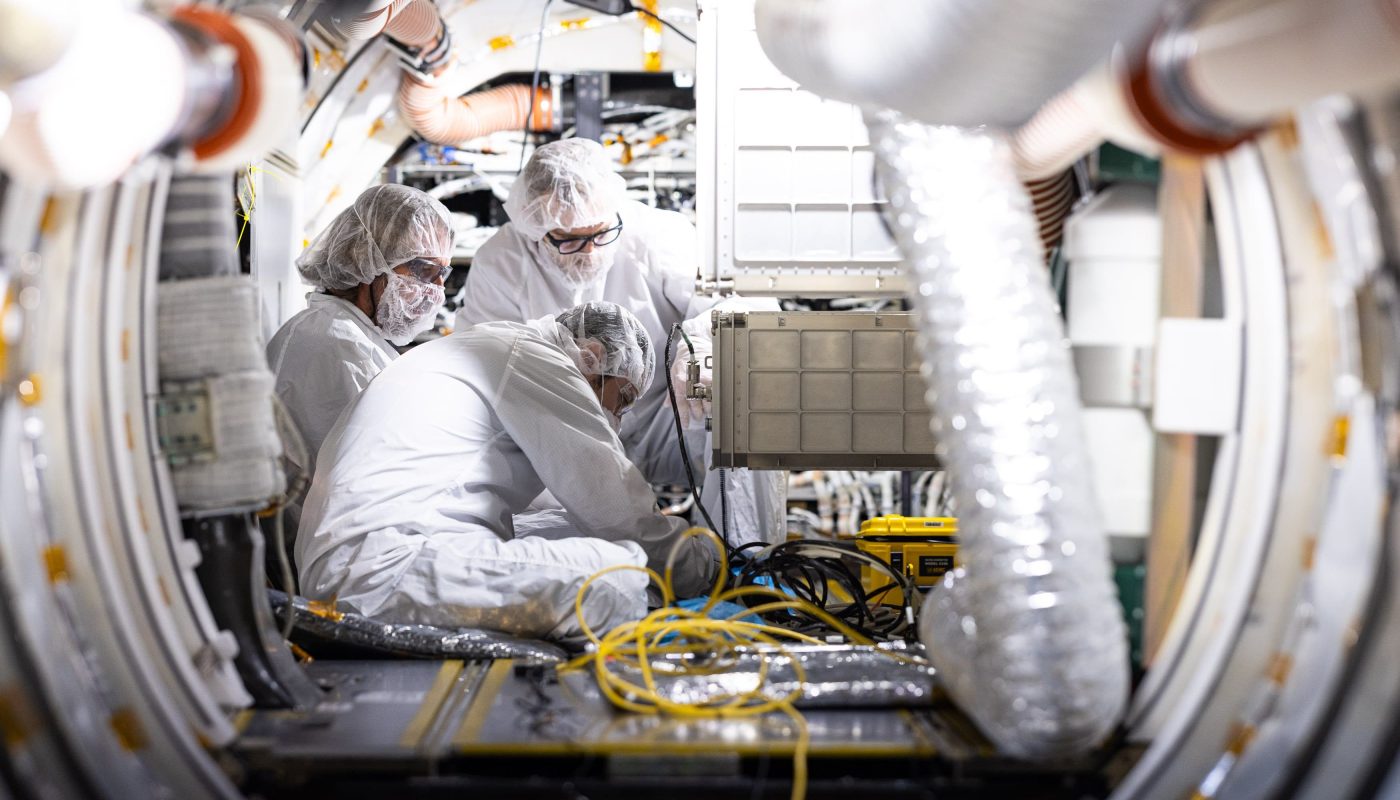Consider how a control room operator monitors countless systems while making split-second decisions that could affect thousands of lives. These nerve centers, spanning industries from chemical production to healthcare, demand lightning-quick choices with profound consequences. Now picture yourself playing the aviator betting game – that familiar rush as multipliers climb higher while your finger hovers over the cash-out button.
The parallel proves striking. Your brain processes risk assessment, timing, and potential outcomes in remarkably similar ways across both scenarios. When you watch that digital plane soar upward, dopamine floods your system just as it does for control room operators managing critical systems. This psychological overlap reveals fascinating insights about human decision-making under pressure.
Modern gaming mechanics, particularly in multiplier-based games like Aviator, mirror professional high-stakes environments with uncanny accuracy. The same cognitive loads, time pressures, and performance anxieties surface whether you’re monitoring nuclear reactivity levels or timing your game exit for maximum returns. Through this lens, seemingly simple entertainment transforms into a microcosm of high-stakes professional decision-making – offering unique insights into how humans perform when every second counts.
When Pressure Makes Diamonds
Expert performance often deteriorates under pressure, particularly during automated tasks – a fascinating phenomenon that surfaces whether you’re playing Aviator or managing a facility. Your brain processes risk assessment quite differently when stakes soar through the roof.
Consider how cognitive load affects your gameplay in Aviator. As multipliers climb higher, your working memory grapples with competing demands – analyzing patterns, calculating risks, and managing emotional responses. This mirrors control room scenarios where operators face similar mental burdens while monitoring critical systems.
Time pressure adds another layer of complexity. In high-stakes environments, decisions must happen within seconds to minutes. Watch yourself playing Aviator – that split-second choice between cashing out or letting the multiplier run creates the same psychological pressure as an operator managing a potential system deviation.
The mechanics of Aviator brilliantly turn on this pressure-performance relationship. Your normally automatic responses start breaking down as conscious attention shifts to monitoring each action. This explains why experienced players sometimes falter at crucial moments – the same way skilled professionals might “choke” when overthinking previously automatic processes.
What makes this particularly intriguing? Your brain’s response to pressure follows predictable patterns. Under intense pressure, you’ll likely abandon complex strategies for simpler, faster decisions. This psychological shift affects both gaming and professional scenarios, though interestingly, some individuals thrive rather than crumble when pressure mounts.
The Human Factor in High-stakes Decisions
Control room operators face critical decisions within mere seconds or minutes – a timeframe that mirrors your experience watching multipliers climb in Aviator. Yet this temporal pressure affects human cognition in fascinating ways.
Consider how your brain processes decisions differently under intense pressure. When stakes soar, your attention often shifts toward explicit monitoring of your own actions – a phenomenon that paradoxically impairs performance.
Working memory plays a particularly intriguing role. Players with superior working memory capacity typically excel under normal conditions but prove more vulnerable to pressure-induced failures. Their reliance on complex cognitive strategies crumbles when pressure consumes mental resources.
The social dynamics amplify these effects remarkably. In Aviator, watching other players’ decisions stimulates riskier betting behavior, much like how control room operators perform differently when colleagues observe their actions. This social facilitation effect leads to increased stakes and longer play sessions in crowded environments.
These parallels between gaming and industrial settings reveal universal patterns in human decision-making under pressure. Whether you’re monitoring critical systems or timing your Aviator exit, your brain grapples with similar cognitive challenges. Understanding these psychological dynamics helps explain why both operators and players benefit from decision support tools that maintain rational choices amid mounting pressure.
Building Better Decision Makers
Decision support tools maintain optimal performance levels by counteracting our natural cognitive limitations under pressure. Your experience with Aviator exemplifies this principle – the game’s interface provides real-time feedback about multiplier trends while managing cognitive load.
Modern training approaches leverage this gaming-decision support parallel brilliantly. Consider how Aviator’s mechanics train your risk assessment capabilities – each round presents a unique scenario requiring rapid evaluation of potential outcomes. This mirrors how control room operators utilize advanced visualization tools and heads-up displays to maintain situational awareness during critical moments.
Technology integration plays a fascinating role in this evolution. Just as Aviator’s interface helps players process complex risk-reward scenarios, cognitive computing systems now enhance industrial decision-making through pattern recognition and real-time analysis. These systems don’t replace human judgment – they augment it by handling routine data processing while allowing your mind to focus on higher-level strategy.
What makes this particularly powerful is the gamification of risk assessment through platforms like Aviator creates a safe space for developing decision-making muscles. Your brain learns to balance emotional responses with analytical thinking, building cognitive resilience that transfers remarkably well to real-world high-stakes scenarios.
It’s a fascinating overlap between Aviator gaming and professional decision-making, which unveils universal truths about human performance under pressure. Your brain processes split-second choices remarkably similarly whether you’re timing a game exit or managing critical industrial systems.
Consider how gaming mechanics already shape professional training – from enhanced sensorimotor skills to superior decision-making abilities. This convergence opens exciting possibilities for future development programs. Rather than viewing gaming as mere entertainment, we’re discovering its potential as a sophisticated training ground for high-stakes decision-making.
Your experiences in Aviator actively build cognitive resilience that transfers to real-world scenarios. The next time you feel that familiar rush as multipliers climb, remember – you’re not just playing a game, you’re developing vital skills for managing pressure. By embracing these parallels between gaming and professional environments, we unlock new pathways for enhancing human performance under pressure.







